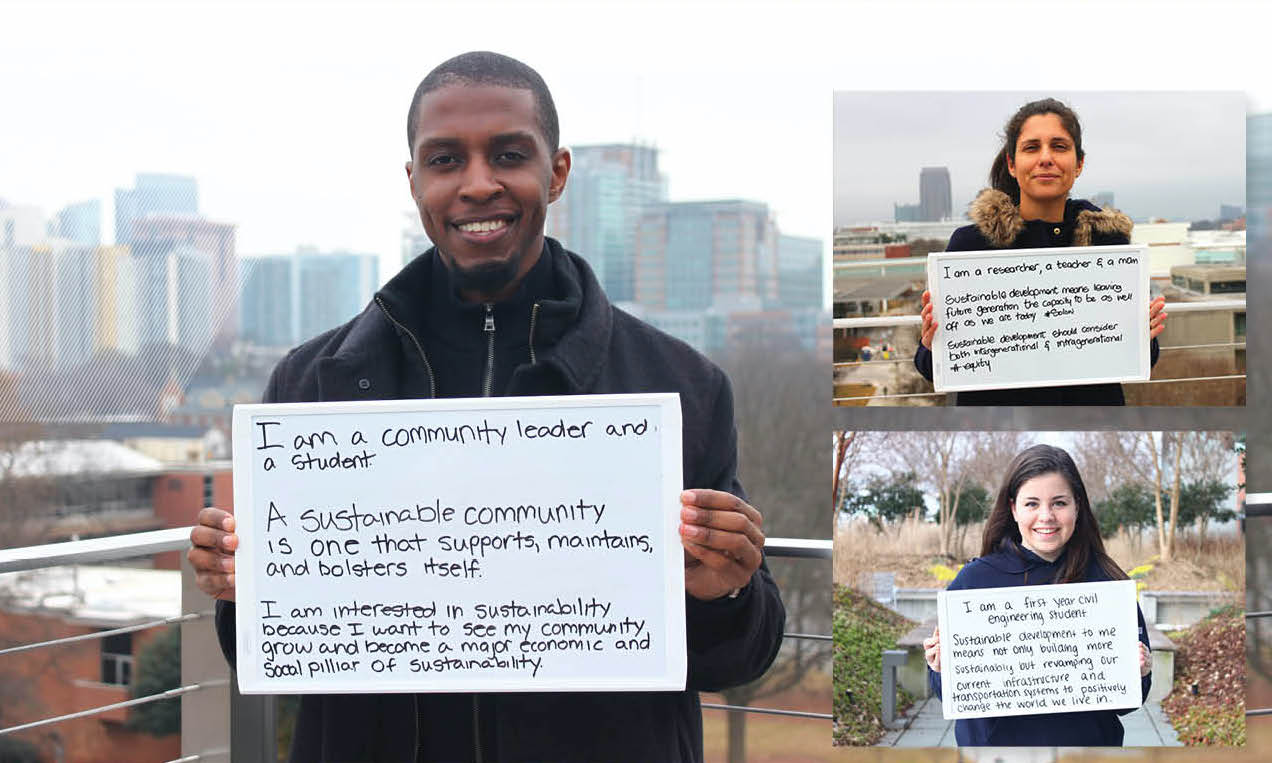Interested in seeing Annual Reports from previous years? Click below to access.
Overview
As the Center for Serve-Learn-Sustain enters its final semester as Georgia Tech's 5-year Quality Enhancement Plan (QEP), we reflect back on some key accomplishments since we launched in January 2016. Our first semester, the Affiliated Courses Program had just 11 courses with approximately 300 enrolled students. In AY2020, one-third (approximately 5200) of Georgia Tech students took an SLS-affiliated course. In 2019, partnering with the School of City and Regional Planning, a new version of the the Sustainable Cities Minor was approved, with a stronger focus on equity, community engagement, and integrated problem solving. SLS has developed strong, long-term relationships with approximately 25 partner organizations who work in our key focus areas: community health, green infrastructure, equitable and sustainable development, climate change and energy, and social innovation, and we have ongoing relationships with approximately 15 additional organizations in Atlanta, across Georgia, and beyond.
With partnerships as a key focus, SLS developed structures to grow and support collaborations between these partners, faculty, and courses. We established a Partnership Advisory Council (PAC) to advise us on our partnership strategy and program. With the PAC, we developed a formal Partnership Strategy which includes seven principles that are key to building partnerships for sustainable communities. Over three summers, we supported 86 students and 65 partners in our internship program, which provides sustainability partners throughout Georgia with support while offering students practical experience working on real-world community projects. We served in a key leadership role in the development and launch of RCE Greater Atlanta, a network that advances the SDGs through education and training, from an equity and justice lens.
Another key focus area was inclusive innovation in teaching and learning, and faculty across Georgia Tech now view SLS as a place that pushes their work in innovative directions and helps students do the same. Over the five years of the QEP, SLS expanded the number of opportunities for students to experience deep sustainability learning, bringing together courses from different disciplines to explore problems and solutions through a common interdisciplinary framework, and offering programs that supported students in immersive experiences for collaborative learning beyond the curriculum. We hope that you will take a look at our Key Accomplishment to learn more about the impact that SLS has had during the past five years at Georgia Tech.
